What Do Dental Surgeons Do?
Hibu Websites • May 25, 2021
A simplified way to explain the difference between a dentist and a dental surgeon
is that the dental surgeon is a specialist and a dentist is a general practitioner in dentistry. Like a general practitioner, a dentist studies and qualifies to diagnose tooth and gum health problems and teaches his patients proper oral care to ensure their teeth and gums remain healthy. They may even advise on food choices that can affect oral health. On the other hand, the dental surgeon is a specialist qualification in the dentistry field. They have an extra four to six years of specialization, usually in a hospital-based residency program. Dental surgeons are the specialists who treat complex diseases of the mouth and face. They can extract impacted teeth, treat facial injuries, and any conditions of the hard and soft tissue of the mouth and jaw. Their training includes in-depth learning about the skin, muscles, and bones of the mouth, jaws, and face structures. It overlaps with other medical fields like emergency medicine, plastic surgery, and ENT (ear, nose, throat) surgery making them the top dentistry specialists.
What types of conditions does a dental surgeon treat?
Since dental surgeons work with advanced dental problems, they still perform dental procedures that involve the pulp (inside the tooth) and roots of the tooth, like ordinary dentists, but they can handle more complex cases.
- They can treat loose or missing teeth after sports injuries.
- They drain and treat oral abscesses.
- They remove complex, impacted wisdom teeth.
- They will correct cases of incorrect bite if it requires surgery or other implantable devices.
- They treat maxillary bone injuries or deformities.
- They treat temporomandibular joint (TMJ) disorders. The temporomandibular joint connects the jawbone to the skull and any dysfunction in this area can lead to headaches, difficulty in chewing food, and severe jaw pain.
- Vehicle accident trauma victims who sustain injuries to the face or jaw area may require a dental surgeon to reconstruct their facial bones.
- Dental surgeon can reset and plate broken facial bones, set a broken jaw, and repair nasal bones or eye socket bones if needed.
- In severe trauma cases dental surgeons may also need to reconnect severed facial nerves, repair oral tissue lacerations either deep within the mouth or superficial cheek lacerations.
- Dental surgeons can also restore smiles to babies born with congenital abnormalities in the mouth or face area. For example, they can repair cleft lip deformities by providing corrective facial reconstructive surgery and treatments. A dental surgeon can treat any deformity of the mouth and jaw to restore patient's dignity and improve their quality of life.
- Another serious condition that uses the expertise of a dental surgeon is a tumor of the mouth or face. Dental surgeons can remove facial and oral tumors whether they are benign or cancerous in origin.
When do I need to see a dental surgeon?
Usually, patients are referred to dental surgeons once they have been examined by a dentist, who diagnoses a severe or a complex problem with their teeth or the mouth. The dentist will then refer the patient to the dental surgeon for further treatment.
Another way you may be treated by a dental surgeon is after you sustained some traumatic injury to your face. Some dental surgeons work in emergency rooms of a hospital where they consult with trauma doctors regarding patients with injuries to the face and mouth area.
A patient may also be referred to a dental surgeon by a physician to treat sleep apnea.
A physician may diagnose a patient with a benign or cancerous tumor in the facial area and the dental surgeon will be called in to assess the possibility of surgical removal of the tumor.
A pediatrician may refer their patients to a dental surgeon to correct a congenital deformity like a cleft lip repair to restore and surgically correct a baby's mouth structures.
To sum up
A dental surgeon is a specialist in advanced dental procedures and trained in emergency medicine, plastic surgery, and ENT surgery. They are the top specialists with a wide variety of skills. Whenever you develop a serious complaint involving your mouth or facial area, chances are that you will become one of their patients. You may be assured that you are in safe hands, as these practitioners undergo extensive training to obtain their qualifications.


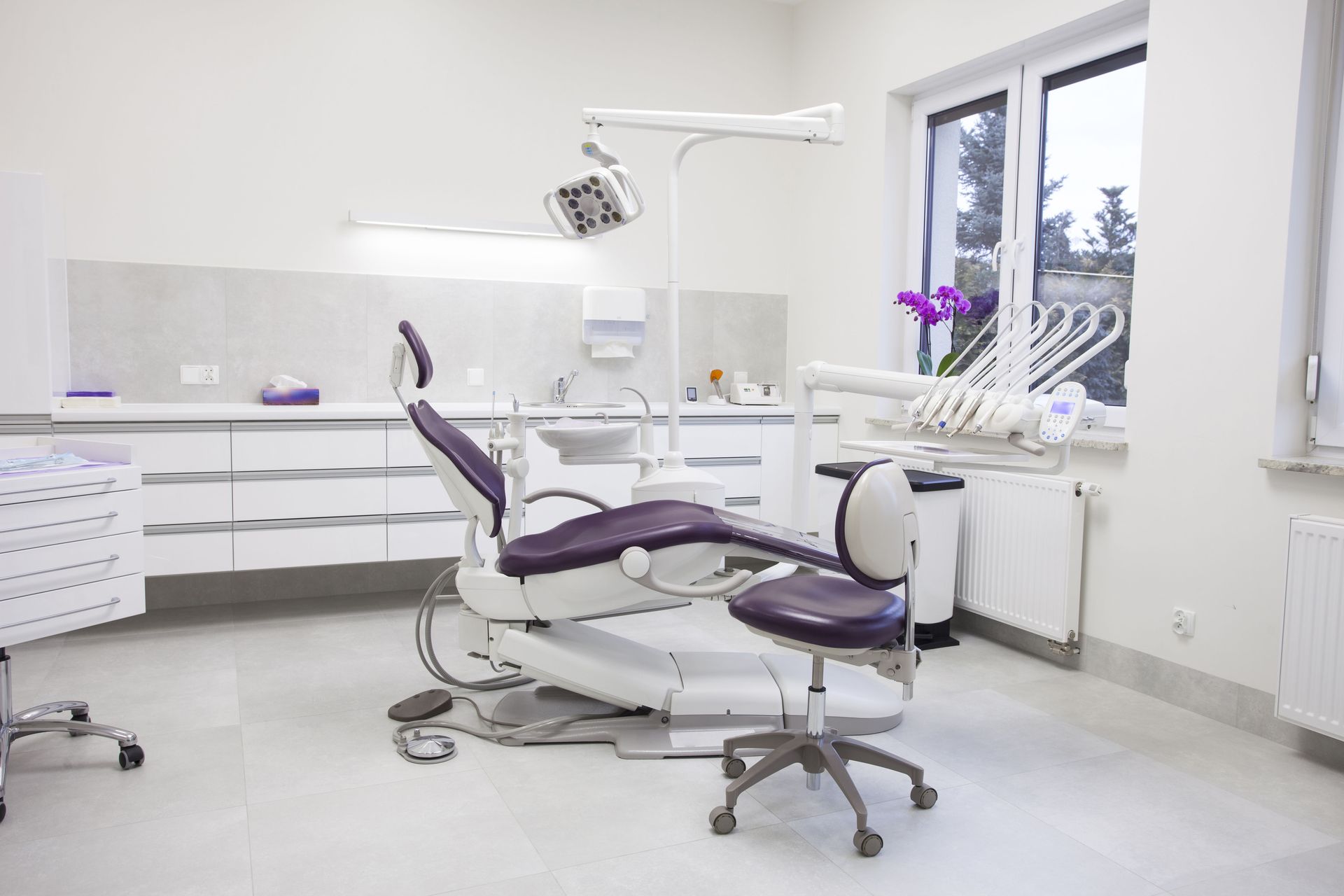



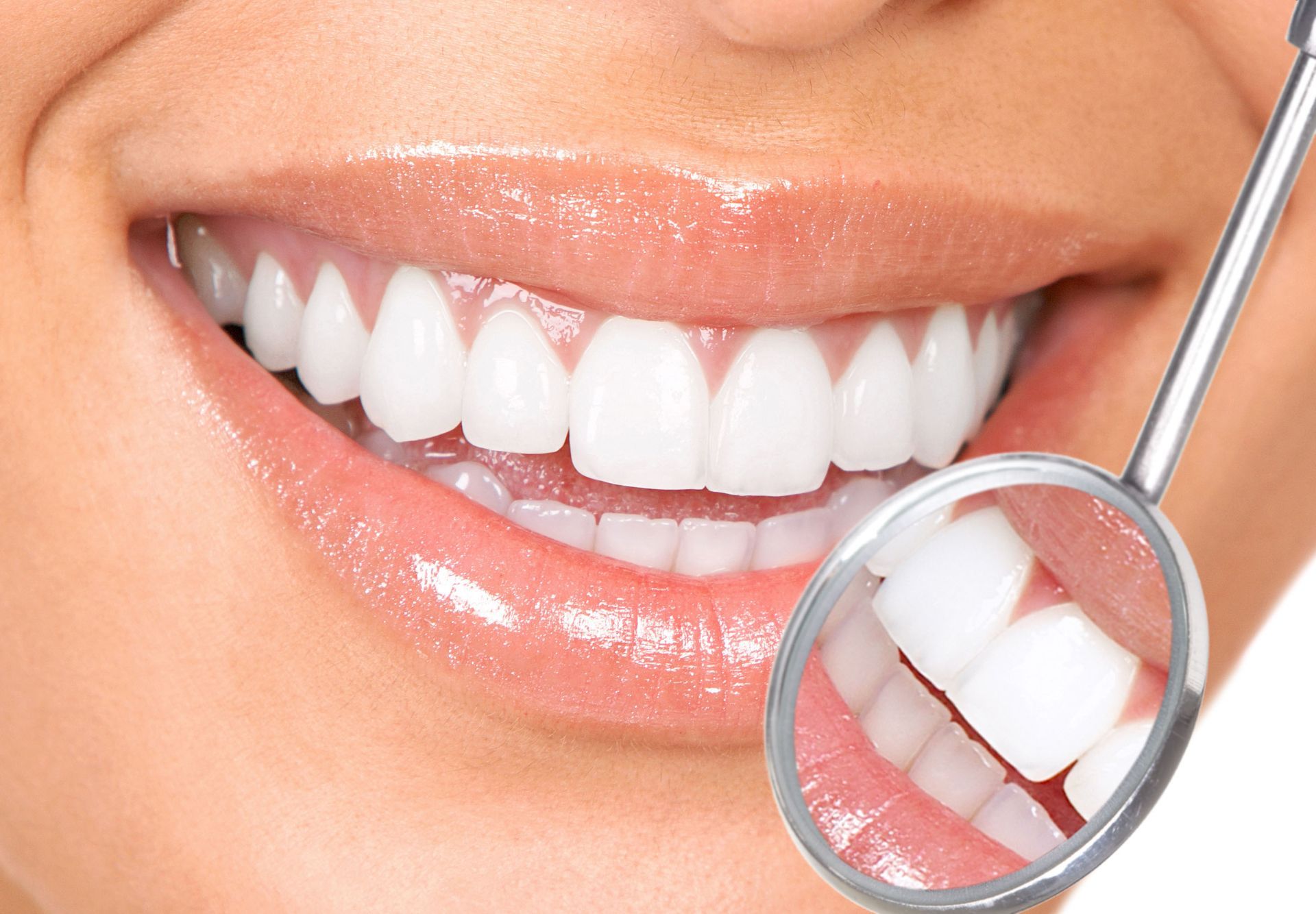
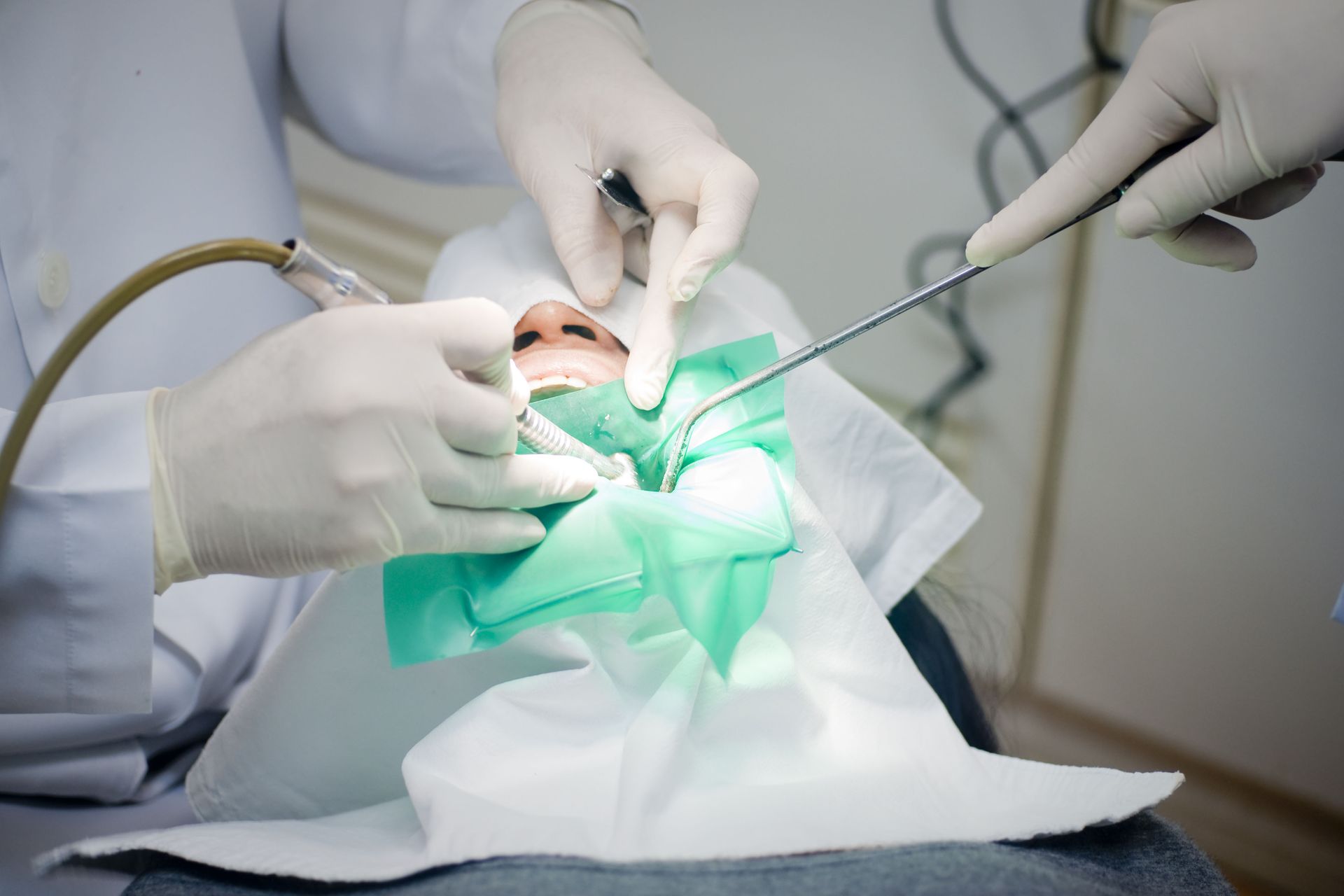
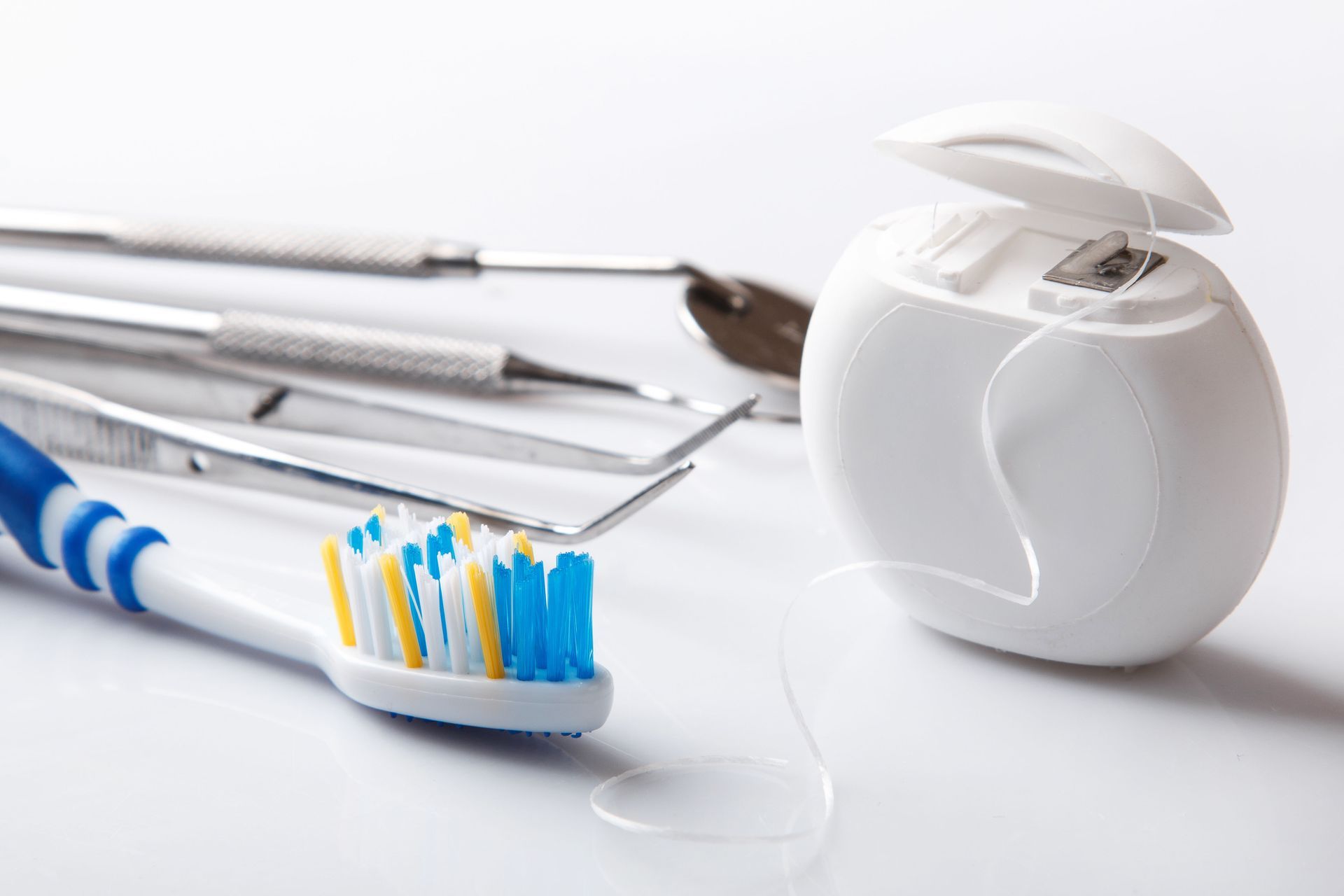
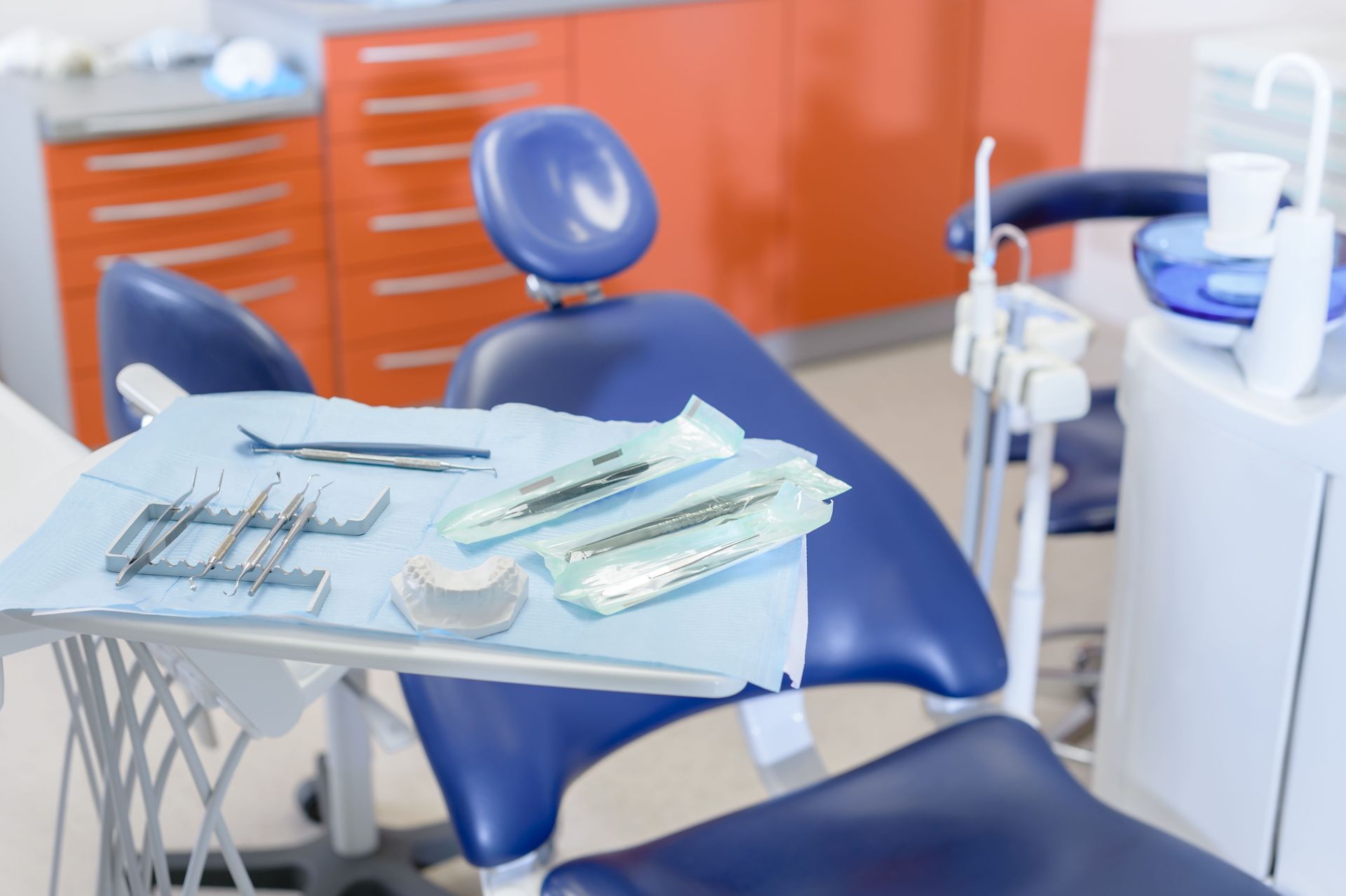

Share On: